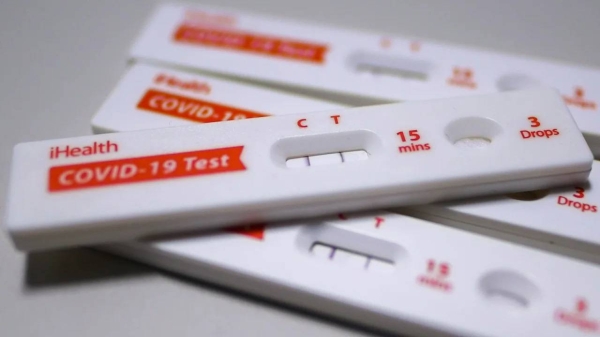
nlike the government and vast sections of the media, theatre-makers in the UK have spent a lot of lockdown listening carefully to young people. Some of the most illuminating theatrical projects to emerge – alongside heaps of streamed content, live events, podcasts and play-kits – are digital scrapbooks. These scrapbooks include videos, poems and essays created by children and teenagers and are among the most funny, thoughtful and bracingly honest reflections about the Covid-19 crisis.
There is this from nine-year-old Lois on the company Fevered Sleep’s fascinating blog: “All of a sudden my hope fell down, as I made my way through town.” On the same website, 12-year-old Sorrel describes her “endless feelings” and 18-year-old Tom remarks: “My friends and I talk about coronavirus all the time. But our views are not on the news … we are invisible.”
Theatre Hullabaloo have been gathering observations from young children throughout lockdown, which will eventually be tied together to make a show. Sarah Argent has been running the project and, while she isn’t surprised by the emotional range and insight on offer, she is delighted. Asked to pick a favourite observation, Argent chooses this humdinger: “The germs are hiding in the bushes and waiting like lions ready to jump out on us. That’s why we’re walking in the middle of the road.”
Children “cut through the bullshit”, says Argent. “There’s a clarity to children’s thinking. Their thoughts and feelings are not muddied by political allegiances and alliances. They will call out obfuscation in a way that we might not as adults. That is the joy of working with small children. They see the world much more sensibly than we do.”
Ned Glasier runs Company Three – a London theatre company for young people aged 11 to 19 – and has been using lockdown to create a Coronavirus Time Capsule, in which the company members record quirky videos about their lockdown experience. Glasier is shocked at the way young people have been side-lined throughout this crisis: “It’s an absolute scandal that we haven’t prioritised education or young people’s mental wellbeing.” In mid-May, he spoke about their time capsule on Sky News. “As far as I can see, those were the first voices of young people I had seen on any single news programme talking about the impact of coronavirus.”
Alongside the Time Capsule work, the Company Three team has been in regular contact with young members – chatting on the phone, sending flowers and talking with parents. Glasier fears a mental-health crisis is brewing: “I talked with two young men yesterday and both of them put their happiness at four or five [out of 10] and their anxiety much higher. All the science says that we go to school to learn things and learn how to be with each other. That being taken away is huge … it’s incredibly destabilising for young people.”
The Time Capsule features video journals from each week of lockdown, riffing on themes such as “home life”, “school” or “social distancing”. They’re vivid snapshots, full of humour (“I love to make omelettes – they feel like happiness!”) and sharp jabs of honesty (“When this is over, start teaching me about the things that matter.”) Above all, says Glasier, the videos are a reminder that teenagers need to be heard: “These videos are just a little bell – a notification to the world that teenagers exist and their lives are happening.”
For one week, Company Three, in partnership with the Wellcome Trust, collected written responses about mental health. The Black Lives Matter protests emerged as a prominent presence in young people’s lockdown lives: “BLM ran like words through a stick of rock in the children’s responses. They talked brilliantly about how it is to feel like the world is changing and justice is happening.”
This excitement and urgency around activism is something that Tarek Iskander, artistic director of Battersea Arts Centre, has also observed in his work with young people throughout the pandemic. “There’s a sense of collective purpose around inequality, the environment and inclusiveness in a way that the younger generation feel confident about and have really strong values about. There’s also anger and frustration about not being part of the conversation in a way that they should be; about not able to lead the lives they can and should be able to lead.”
During lockdown, community outreach work has been just as important as content generation for the BAC. The company has created stunning material for the BBC’s Culture in Quarantine series, and they’ve also continued their programme The Agency, commissioning artists to work in schools, and paying young people to come to the BAC and share their experiences. It’s no longer enough just to create work with children and teenagers – Iskander wants them to be in charge: “Young people need to be in our organisations, helping run them and setting the agenda.”
Glasier, meanwhile, is working on a plan to ensure that young adults will be leading the conversations about our post-corona world. Company Three is creating a piece that could be among the first shows performed in any public space or theatre: “We want young people to stand on stage on the morning of the future, the first moment it’s possible to gather again in public, and say what they want to happen next.”











